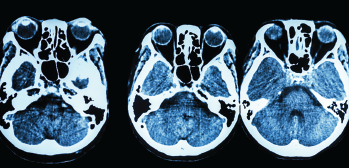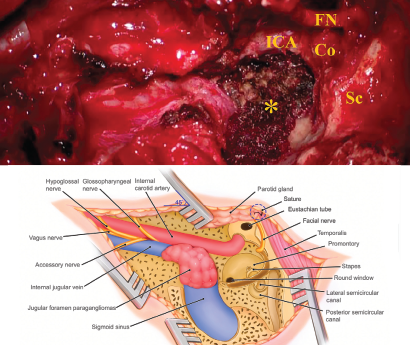Though the evidence is encouraging, clear causal linkage between hearing loss and cognition has not been established.


Though the evidence is encouraging, clear causal linkage between hearing loss and cognition has not been established.

Frailty as measured by the 5-factor mF1-5 is shown to be significantly associated with life-threatening postoperative morbidity, mortality, and length of stay following skull base surgeries.
Most existing studies have found that hearing impairment results in a higher prevalence of social isolation and loneliness in the pediatric population.
The role for drug-induced sleep endoscopy (DISE) in counseling candidates for HNS extends beyond excluding complete concentric collapse related to the velum.
A look at the effect of endovascular intervention or extracranial/intracranial (EC/IC) vascular bypass on the management of patients with head and neck cancer-related rupture of the extracranial carotid artery or its major branches.

In the study, we modified Dr. Brackmann’s total anterior FN rerouting technique to achieve tension-free FN anterior transposition and explored the surgical outcomes postoperatively.

Sterotactic radiosurgery (SRS) for the treatment of VS can be associated with increased balance symptoms, often within the first six months after treatment.
BRP and ESP procedure outcomes are comparable in the improvement of obstructive sleep apnea (OSA) with palatal collapse, although further trials and long-term follow-up are needed.
Injury to the recurrent laryngeal nerve (RLN) during surgery impacts on the patient’s ability to phonate, breathe, and swallow.
LW arrays are preferable to PM arrays for minimizing clinically relevant intracochlear trauma in cochlear implantation.